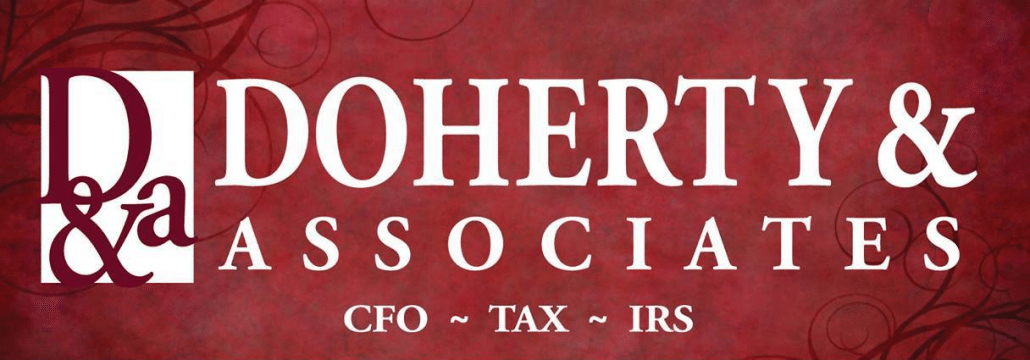Repairs or Improvements – the new tangible property regulations for small business.
The IRS has released the final regulations, effective January 1, 2014, that govern when you must capitalize and when you can deduct expenses related to tangible property.
Here we will discuss some of the provisions for small businesses (generally those without audited financial statements).
Generally you should assume that all tangible property, except inventory, must be capitalized and depreciated. However, as usual, there are exceptions to that rule.
Materials & Supplies
The final regulations define materials and supplies as tangible property that is used or consumed in the taxpayer’s business operations that is not inventory and is generally used or consumed within 12 months and costs less than $200. Items that meet these safe harbor criteria may be deducted instead of capitalized.
Repairs & Maintenance
Under the new routine maintenance safe harbor rules, payments are deductible if they are for recurring expenditures that keep an item in efficient operating condition. The activities are considered routine if you plan to perform the activities more than once during the class life of the item. This safe harbor also applies routine maintenance on buildings if you plan to perform this maintenance at least twice during a ten year period.
Amounts Paid for the Acquisition of Tangible Property
Under the new safe harbor rules, businesses without an applicable financial statement can elect to deduct up to $500 per item. This is an all or nothing proposition. If the cost of an item exceeds $500, the entire amount must be capitalized and depreciated. If your business has an applicable financial statement, this threshold can rise as high as $5,000.
Amounts paid for the Improvement of Tangible Property
The final regulations continue to require that improvements to tangible property be capitalized and depreciated. Improvements are defined as, betterments, restorations, and adapting the unit of property to a different use. There is an exception for small taxpayers who own buildings. Under this exception, you are not required to capitalize improvements if the total amount spent for maintenance, repairs, and improvements does not exceed the smaller of $10,000 or 2% of the buildings original cost. In order to take advantage of this exception, an annual election must be made on a timely filed (including extensions) tax return.
The new regulations are extremely complex and this summary just scratches the surface. If you would like to discuss how these regulations affect your business, please contact our office to set up an appointment.
Email us at: [email protected]
Call us at: 302-239-3500
Visit our website: http://www.dohertyandassociates.com
– Doherty & Associates Team




Leave a Reply
Want to join the discussion?Feel free to contribute!